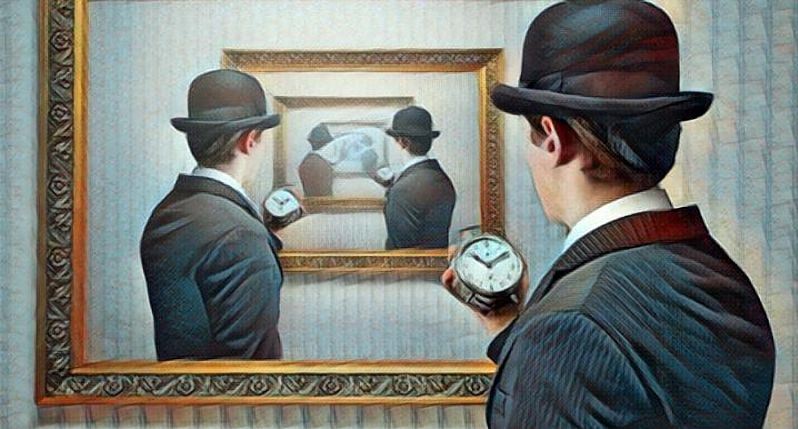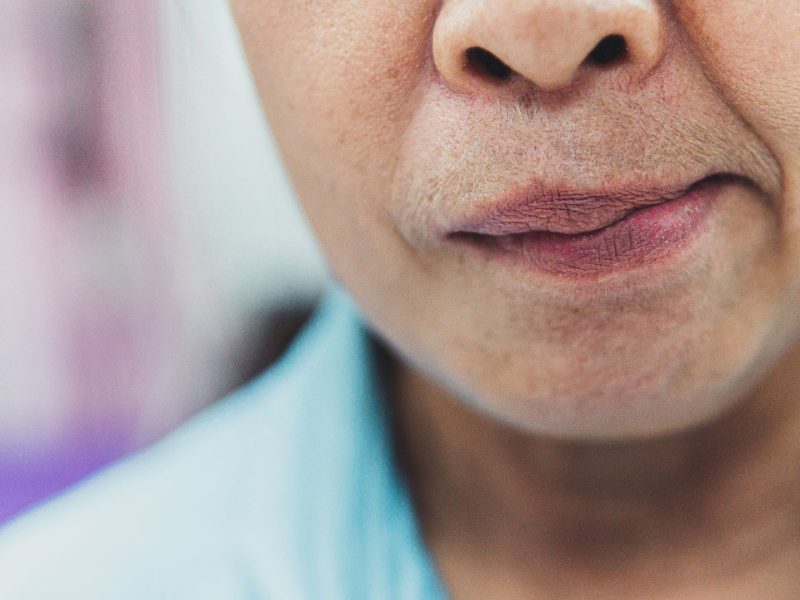Have you ever walked into a room and felt absolutely certain you’ve experienced that exact moment before? That uncanny sensation of reliving a present moment – that’s déjà vu, and it’s far more fascinating than you might think.
What Really Happens in Your Brain During Déjà Vu?
Picture this: you’re chatting with friends at a cafe you’ve never visited before, and suddenly everything feels eerily familiar. Your brain is doing something remarkable in these moments. Research from cognitive neuroscientists suggests that déjà vu occurs when your temporal lobe – the brain’s memory center – experiences a temporary glitch in its memory formation and recall system.
The Memory Mismatch Theory
Here’s where it gets interesting. Your brain is constantly comparing your current experience with stored memories. During déjà vu, your brain detects a similarity between your present moment and a previous memory, but can’t quite pin down the exact memory it’s referencing. It’s like having a word on the tip of your tongue, but instead of a word, it’s an entire experience.
Why Do We Experience Déjà Vu?
Scientists have discovered that déjà vu might actually be a sign of a healthy brain. When your brain recognizes that something feels familiar but knows it shouldn’t be, it’s showing that your memory-checking system is working properly. Think of it as your brain’s way of running a quick fact-check on reality.
The Role of Temporal Lobe Function
The temporal lobes play a crucial role in this phenomenon. They house our memory processing centers and help us distinguish between familiar and new experiences. When these signals get crossed, déjà vu occurs. Interestingly, people with temporal lobe epilepsy report experiencing déjà vu more frequently than others.
Who Experiences Déjà Vu Most Often?
Young adults between 15 and 25 years old report the most déjà vu experiences. Why? Their brains are particularly active in forming and processing memories during these years. People who travel frequently or are well-educated also report more déjà vu experiences, possibly because they encounter more new situations that their brains need to process.
Stress and Fatigue: The Hidden Triggers
Feeling overwhelmed or exhausted? You might be more likely to experience déjà vu. Research suggests that stress and fatigue can temporarily affect how our brains process memories and current experiences, increasing the likelihood of these strange memory sensations.
Can We Control or Prevent Déjà Vu?
While we can’t prevent déjà vu entirely (nor should we want to), maintaining good sleep habits and managing stress levels might reduce its frequency. Some researchers suggest that mindfulness practices can help us better understand and process these experiences when they occur.
Déjà vu isn’t just a weird glitch – it’s evidence of your brain’s sophisticated pattern-recognition and memory-checking systems hard at work. Next time you experience it, take a moment to appreciate the complex neural dance happening inside your head. It’s just one more reminder of how remarkable our brains truly are.
Want to learn more about your brain’s fascinating quirks? Start paying attention to when and where you experience déjà vu. You might discover patterns that reveal more about how your own memory works.



